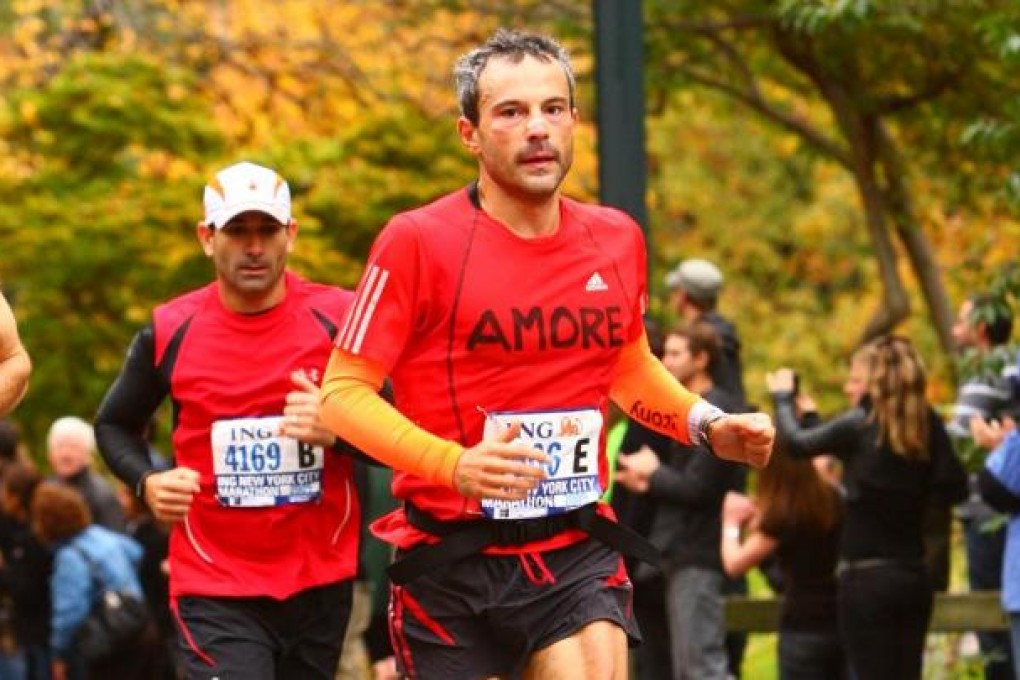Healthy Gourmet: Running lean on greens and beans
A sustainable weight loss can come only from a metabolic change. How to induce this change is difficult to know, not only because the science is still in its infancy, but because we are each unique and respond differently to food.

I am making a commitment for the New Year. I want to run a marathon in under three hours, like I did in New York in October 2009. It's relatively easy to adopt a running plan, but I find it difficult to drop down to race weight, a fundamental component of performance.
My body has a tendency to accumulate fat. For the last two months I have not raced, relaxed my eating habits and went home to Italy for the holidays, which meant eating too much of the Italian Christmas cake, Panettone. I need to lose body fat. Although I eat healthily, and it shows in my blood tests, it is not enough to achieve my goal. I know that diets don't work: weight loss is regained because of the slower metabolic rate induced by eating less than the body needs.
A sustainable weight loss can come only from a metabolic change. How to induce this change is difficult to know, not only because the science is still in its infancy, but because we are each unique and respond differently to food.
In the past four years, I spent a lot of time studying and researching nutrition, talking with athletes about their diet and experimenting with eating plans. Based on this I have devised a few guidelines.
When I eat is as important as what I eat. The main signals for our metabolism are received in the morning; hence breakfast is significant. I will have dinner several hours before going to sleep, so that it does not interfere with my body clock, which wants to rest my stomach and intestines at night.
